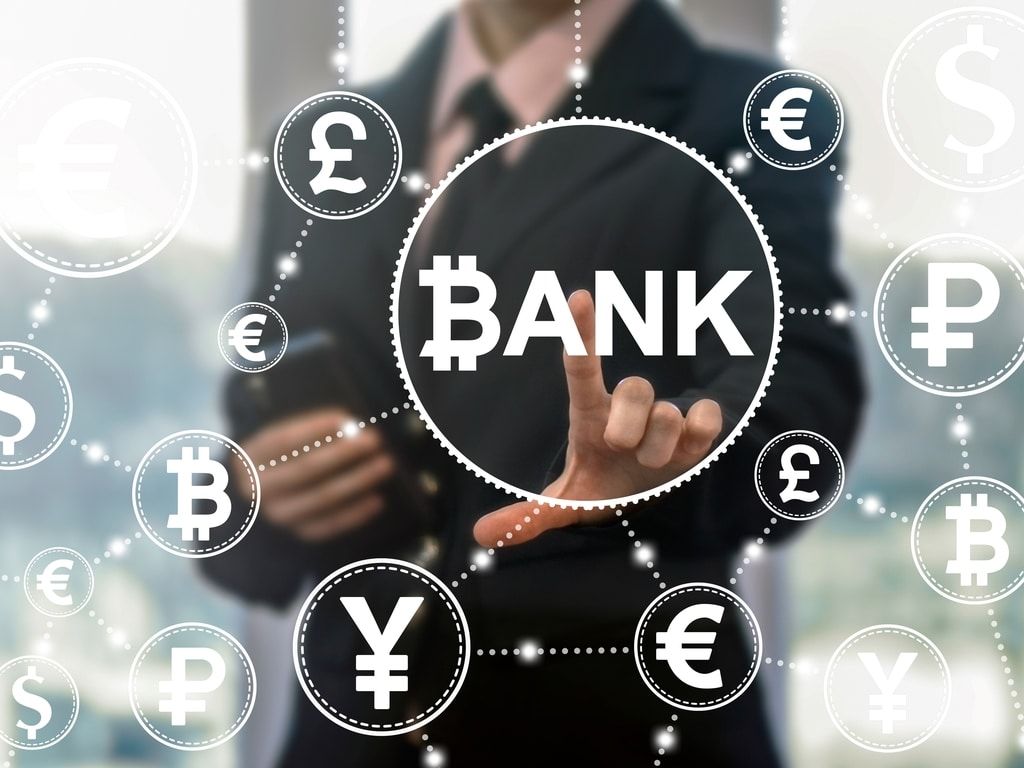Blockchain is a disruptive innovation that will, on a very

Blockchain is a disruptive innovation that will, on a very basic level, change banking and also numerous different businesses. Bitcoin is an electronic money that utilizes blockchain to transfer funds from one party to another. Let’s examine what blockchain is and what are all the pros and cons of its utilization with banking sectors.
What is blockchain technology?
Blockchain is a technology that uses dispersed databases, math and cryptography to record exchanges. Consider it as a framework made out of numerous transaction ledger record databases all synchronized with identical exchange data. Each new transaction gets replicated or stacked in succession like Lego blocks. This makes it difficult to hack because if one has to hack, he/she will have to hack millions of databases. Blockchain has a decent similarity with Napster, the distributed music sharing organization in the 1990s. Music fans could download music records to their computers from the system, however, would likewise be sharing their downloaded music collections with different fans.

What does blockchain mean for banks?
Blockchain presents a two edged sword for banks. From one perspective, it could save banks billions in cash by significantly decreasing handling costs. Banks are salivating at the opportunity to diminish exchange costs and the amount of paper that they use in the procedure. Executing blockchain would make banks progressively beneficial and important. Santander, a bank situated in Spain, put the potential investment funds of blockchain at $20 billion multi-year. On the other hand, the chance to begin a bank with lower expenses has pulled numerous new fintech new businesses to the market. Banks are additionally supporting their wagers by specifically putting investment into new fintech companies.

Benefits Of Blockchain in Banking Sector:
Blockchain innovation can upset the money related industry that we know and utilize today. Here are a couple of the best ways that will change banking and finance:
Fraud Reduction: Even though blockchain is an innovation, its capability to diminish extortion in the monetary world is getting a considerable measure of consideration since 45% of budgetary middle people, for example, stock trades and cash exchange administrations experience the ill effects of financial wrongdoing consistently. Most of the banking frameworks around the globe are based on the centralized database that is more prone to cyber-attacks because it has one point of failure rather than many- once the hacker breaches, he gets access to all. The blockchain is a dispersed record where each block contains a timestamp and holds groups of individual transfers with a connection to a past block. This innovation would dispose of a portion of the present violations being sustained online today against our financial institution.
Know Your Customer(KYC): Financial Institutions spend somewhere in the range of $60 million to $500 million every year to stay aware of Know your Customer (KYC). These controls are expected to help diminish illegal tax avoidance and terrorism by having necessities for organizations to check and distinguish their customers. Blockchain would permit the autonomous check of one customer by one association to be gotten to by different associations so the KYC procedure wouldn’t need to begin once again. The decrease in regulatory expenses for consistence offices would be noteworthy.
Smart Contracts: Since blockchains can store any sort of digital data, including computer code that can be executed once two or more parties enter their keys, blockchains empower us to have smart contracts. This code could be modified to make contracts or execute money related exchanges once a specific arrangement of criteria has been accomplished—conveyance of items could flag a receipt to be paid for instance.
Payments: Blockchain disturbance could be very transformative in the installments procedure. It would empower higher security and lower costs for banks to process installment amongst associations and their customers and even between banks themselves. In the present reality, there is a lot of go-betweens in the installment preparing framework, yet blockchain would dispense with the requirement for a ton.

Hurdles for blockchain implementation in banking:
Before we can understand all the exceptional open doors blockchain innovation offers us for the saving money and banking industry, there are a few obstacles we have to survive.
The blockchains that would be utilized by monetary financial institutions would need to conform to protection laws of today and the future and need to guarantee the security of the information. There are numerous inquiries concerning administrative oversight for this new technology that should be dealt with. What’s more, any blockchain utilized as a part of this area would need to deal with an uncommonly expansive informational collection. Therefore, scalability is incredibly important.
Conclusion:
What will be the consequence of blockchain? By seeing the present banking sector, one can derive that blockchain has the potential to diminish wasteful aspects in the banking sector. Banks and monetary foundations will exploit blockchain benefits and join huge numbers of the advances being executed by fintech new companies. A portion of these new businesses will develop to end up major money related players similarly as PayPal has developed into a noteworthy player with over $10 billion in income and $30 billion in resources.
